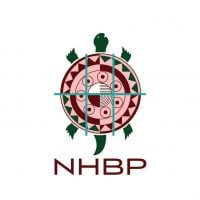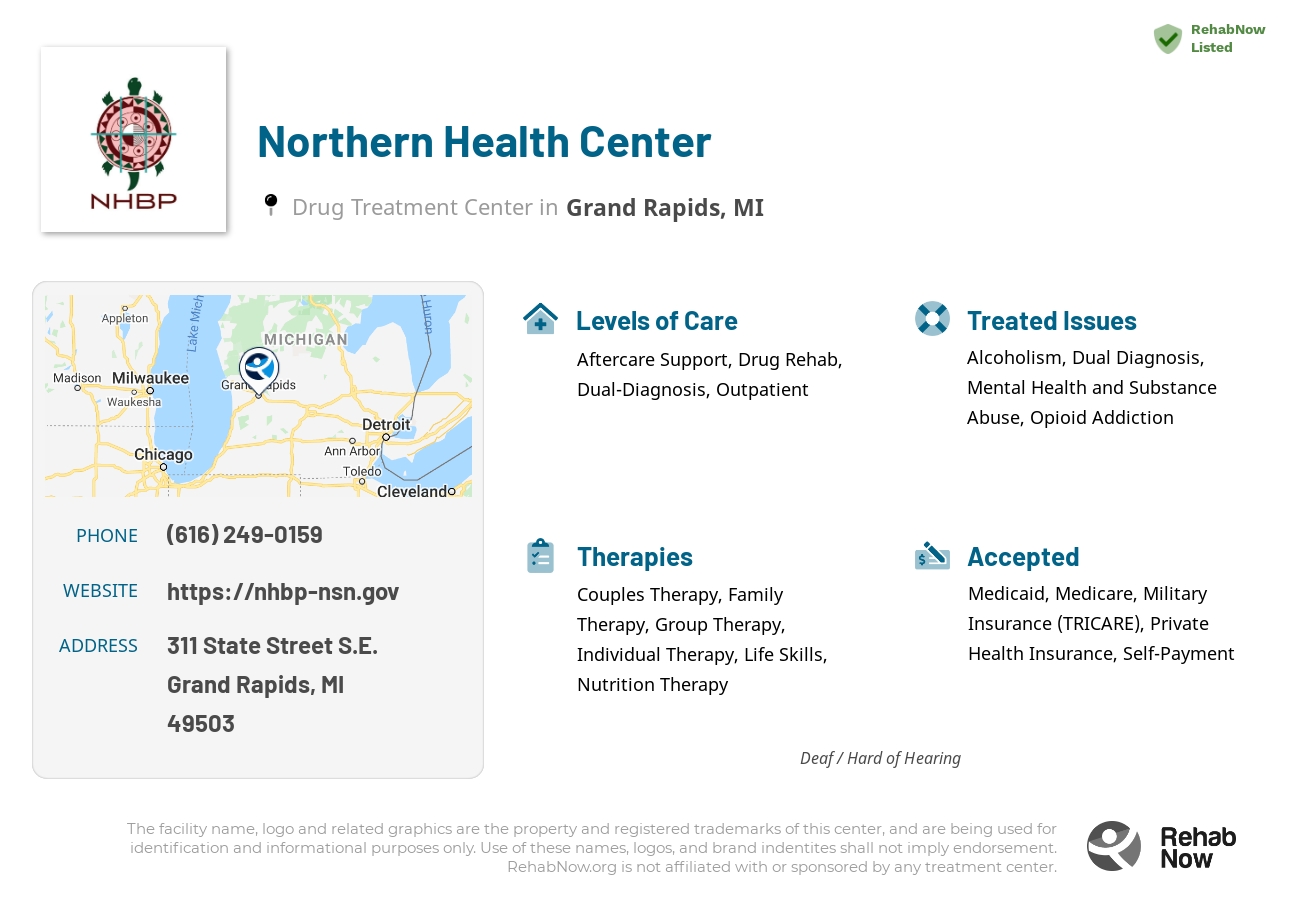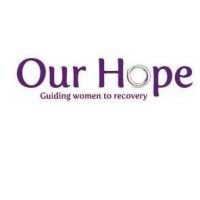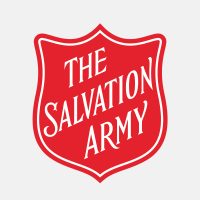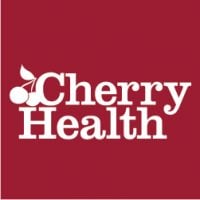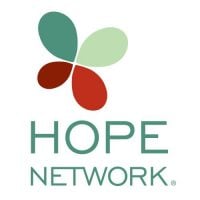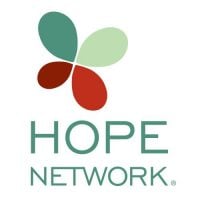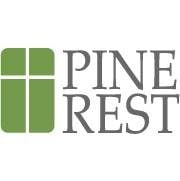Northern Health Center
Drug Rehab Center in Grand Rapids, Michigan
Northern Health Center in Grand Rapids, Michigan is a full-service addiction treatment facility providing outpatient services and programs, individual and group counseling sessions, holistic treatment methods, and comprehensive assessments and treatment plans to help individuals and families recover from addiction.
About Northern Health Center in Michigan
Northern Health Center is a full-service facility located in Grand Rapids, Michigan that specializes in addiction treatment, with a mission to help individuals and families recover from the traumas of addiction. They offer a comprehensive range of outpatient services and programs to help individuals struggling with addiction and substance abuse to overcome their addiction and lead a healthier lifestyle. They also offer psychological, physical and spiritual rehabilitation in a safe and supportive environment.
At Northern Health Center, they provide clients with individual and group counseling sessions, intensive outpatient therapy, and other evidence-based treatment protocols to help them develop healthier coping mechanisms for dealing with their addiction. In addition, their staff provides clients with comprehensive assessments and individualized treatment plans, educational services, relapse prevention resources, and medication management and aftercare services. They also utilize a range of holistic treatment methods, such as art therapy, yoga, and mindfulness practices, to help clients gain a better understanding of their addiction and how to better manage their substance use.
Northern Health Center is accredited by the Commission on Accreditation of Rehabilitation Facilities (CARF) and is licensed by the Michigan Department of Licensing and Regulatory Affairs. They are also the recipients of the Best Practices Award from the American Society of Addiction Medicine (ASAM). In addition, they offer comprehensive National Institutes of Health (NIH)-funded clinical research services, which provide clients with access to the most up-to-date treatments and therapies available.
Genders
Ages
Modality
Additional
Conditions and Issues Treated
Opioid addiction starts when a person becomes addicted to legal or illegal opioids. The addiction can happen quickly, in just a matter of days. Opioid withdrawal can be extremely uncomfortable and lead the user to continue to use even if they want to quit. Stopping using an opioid requires medical observation. Sometimes inpatient treatment with a medically supervised detox is necessary for managing the withdrawal process while learning lasting tools for maintaining recovery. Medications may be used in some cases of opioid addiction.
Opioid addiction is one of Michigan‘s most prominent forms of addiction. It’s treated by detoxifying the body so that the chemicals from the medications no longer impact them and by therapies to correct behavior and target the root of the problem.
Recovery is not simply about stopping drug use. Recovery is working with addiction while recovering mental health issues that are fueling the addiction in the first place.
Levels of Care Offered
This center offers a variety of custom treatment tailored to individual recovery. Currently available are Aftercare Support, Drug Rehab, Dual-Diagnosis, Outpatient, with additional therapies available as listed below.
Outpatient treatment is considered the lower intensity level of addiction treatment. It’s ideal for early phase addiction or lower intensity addictions. It may include weekly sessions instead of daily. It may include weekly sessions instead of daily. Peer group support, 12-step programs, and individual counseling may still be involved but at a lesser frequency than an intensive outpatient program. It is a good choice for someone who doesn’t need to go through a medically supervised detox and who has a supportive home environment. It requires motivation and dedication to commit to the program without constant monitoring.
Aftercare support should take place after outpatient treatment has ended. There are a few different types of aftercare support that patients can seek. These include 12 Step, Self-help groups (AA, NA), Therapeutic communities, Long-term, structured sober living arrangements, and Halfway houses (residential treatment centers).
Therapies & Programs
Individual therapy involves one-on-one sessions between the patient and therapist. It provides patients with a safe environment to openly discuss personal and sensitive issues with the therapist. They find the therapist as someone they can trust. Individual therapy aims to identify the core issues that would have led the patient to substance abuse and address them effectively. The therapist can develop patient-specific customized solutions through individual therapy, which aids speedier recovery.
Couples therapy works with clients and significant others in a professional capacity to improve relationship dynamics. This can be helpful for addicts who are trying to marry the idea of recovery into their work, family, social lives – any aspect that has to do with relationships.
Through counseling sessions, addicts will have an opportunity to talk about their addiction with professional partners. These partners can offer feedback and advice on how to get sober while keeping healthy relationships intact. A good couples therapist will help addicts understand their part in an unhealthy relationship dynamic or find ways to deal with anger or resentment from significant others outside of the home.
Family therapy is a group problem-solving that aims to improve communication and relationships between the addict, their family, and sometimes friends. The main goal of family therapy for drug addiction is to create an environment where communication can occur without judgment, hostility, or blame. The therapist is with the family as they learn to communicate differently, especially with the addict when s/he is using. The family can learn to reduce their enabling behavior or rally together and support each other during tough times.
An addict’s family can play a vital part in helping them to avoid relapse because they can spot the warning signs and help them get back on track before it becomes too much of a problem. Family therapy is one of the most effective ways to help addicts stay on the path to long-term sobriety. When a drug addict decides that they want to try and get sober, it takes the support of every person they love to succeed. It can be incredibly difficult for loved ones to watch an addict go through the pain and suffering of withdrawal, but by being there with them and supporting them, they can help to make sure that the addiction never returns.
Groups typically involve meetings with other recovering addicts who can relate to one another’s experiences. They might meet in person or online and typically focus on the process of staying sober rather than overcoming a specific addiction.
In these groups managed by Northern Health Center, addicts can build a sense of community and develop strong emotional connections with others who understand what they are going through. These beneficial relationships can help addicts overcome their cravings and prevent relapse at any point during the recovery process.
Since addiction is a chronic physical and mental illness, addicts need to learn as many life skills as possible. Many drug treatment centers offer life skills activities as part of their addiction recovery programs. Examples include cooking classes, employment training, resume writing seminars, parenting classes, and computer training. Life skills activities help addicts find employment, take care of their families, and give back to the community.
The goal of medical nutrition therapy for drug and alcohol addiction is to help patients avoid “trigger” foods. For example, someone who craves alcohol may be addicted to sugar. Making sure this person eats a balanced diet with recommended amounts of protein, vegetables, and fruit can help manage urges to drink.
Nicotine replacement therapy treats nicotine addiction using external sources of nicotine, such as patches or gum to substitute for nicotine. This allows people trying to quit smoking to get their desired dose of nicotine without actually having to smoke cigarettes. The idea behind NRT is that by providing smokers with nicotine in forms that are not cigarettes, they may be more likely to quit smoking.
NRT has been available for many years now, and there is a wealth of evidence that shows that it helps people trying to quit smoking. There are several different types of NRT devices on the market now. Patients interested in quitting smoking should talk to their doctors about the best kind of NRT for them.
Payment Options Accepted
For specific insurance or payment methods please contact us.
Is your insurance accepted?
Ask an expert, call (888) 674-0062
Nottawaseppi Huron Band of the Potawatomi Associated Centers
Discover treatment facilities under the same provider.
Learn More About Nottawaseppi Huron Band of the Potawatomi Centers
Additional Details
Specifics, location, and helpful extra information.
Grand Rapids, Michigan 49503 Phone Number(616) 249-0159 Meta DetailsUpdated November 25, 2023
Staff Verified
Northern Health Center Patient Reviews
There are no reviews yet. Be the first one to write one.
Grand Rapids, Michigan Addiction Information
Michigan has the second-highest rate of drug and alcohol abuse in the nation. Heroin is linked to more than 50% of the state's hepatitis C cases. Marijuana is the drug most often associated with crimes in Michigan, followed by methamphetamines. Opioids alone are responsible for almost 20% of all drug overdose deaths in Michigan.
In 2012, there were 97 drug-related deaths in Grand Rapids, Michigan. There are 9,518 hospitalizations due to drug abuse that same year. The most common drugs of abuse are heroin, marijuana, and prescription drugs. There are many different types of drug addiction, and each one requires a specific approach to treatment. The goal of treatment is to help the individual overcome their addiction and learn how to live a sober life.
Treatment in Nearby Cities
- Big Rapids, MI (51.8 mi.)
- Ludington, MI (79.5 mi.)
- Iron River, MI (261.8 mi.)
- Alma, MI (58.2 mi.)
- Bangor, MI (50.4 mi.)
Centers near Northern Health Center
The facility name, logo and brand are the property and registered trademarks of Northern Health Center, and are being used for identification and informational purposes only. Use of these names, logos and brands shall not imply endorsement. RehabNow.org is not affiliated with or sponsored by Northern Health Center.
